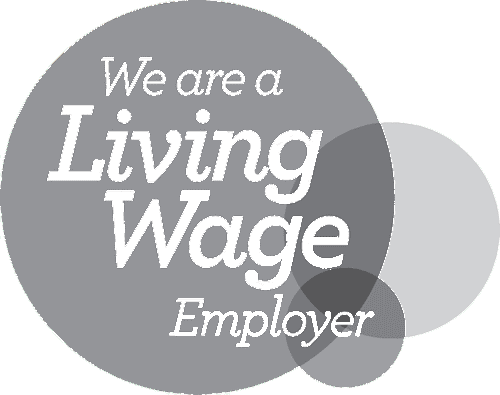
How social value transforms school procurement for the better
The Social Value Act places a duty on public sector organisations to consider improving the social, economic and environmental wellbeing of the community when procuring goods and services that exceed the procurement regulations thresholds. But how do you create social value?
So, let’s start with the basics…
What is social value?
Social value is the added value of our contracts, the element which makes sure the contract achieves more than just cost savings and a qualitative delivery of the goods, services or works in question. Additionally, providing a benefit to the local area by way of improving the economic, social or environmental state.
It is important to note that there is no one size fits all implementation of social value. It should be evaluated on a contract by contract basis.
Essentially, the procurement you set out to do will not only positively impact your school, it will impact your school’s surrounding area. This is what the Social Value Act aimed to achieve when it was originally implemented.
What is the Social value Act?
The idea behind Social Value Act (introduced in 2012), is that we spend public money in a smarter way, getting the most out of it. This has led to some changes in the act as the years have passed to better reflect this idea, the most recent being changes that that came in on January 1st 2021.
Updates to the Social Value Act:
The changes state that all major, central government procurements must explicitly evaluate social value, where appropriate, rather than just “consider” it.
This means that:
- The extended criteria will ensure that social value within larger public procurement contracts is fully provided for and evaluated, rather than just considered.
- The new standards aim to encourage new jobs and skills that promote economic growth and success while appropriately addressing climate change in a large-scale effort to level up the UK.
- Social value throughout the supply chain remains a vital aspect for decision making, but value will be assessed in broader terms than purely a financial context, focusing on the social impact on the surrounding area too.
- Importantly, any potential bidder’s social impact will also be scored, evaluating the supplier’s overall suitability to provide value for money and social value as part of the complete project delivery package.
Many schools and educational institutions now require their suppliers to demonstrate social value as part of their procurement process. This means that suppliers who are unable to demonstrate social value may be excluded from the bidding process, limiting their business opportunities.
Why is social value important?
Meeting social value criteria that aligns with the school or trust’s values and priorities:
School boards at a top level should already be ensuring that schools and educational establishments operate in a socially responsible manner.
By maintaining that level of social responsibility when looking for potential suppliers to demonstrate social value, the board can ensure that its values and priorities are reflected in the procurement process.
This can help build trust and confidence by requiring suppliers to demonstrate social value, promoting transparency, accountability, and ethical behaviour. All of which are essential for building strong relationships with stakeholders.
Leads to improved quality of goods & services:
Suppliers who demonstrate social value are often committed to providing high-quality services or products that meet the needs of their customers. This means that your school or MAT is more likely to receive high-quality services or products that meet their specific needs.
Drives change that benefits the wider community:
By requiring suppliers to demonstrate social value, you can help to develop a socially responsible community. For example, by promoting environmental sustainability, supporting local businesses, or creating job opportunities.
The Social Value Model explained:

The Social Value Model is a set of model questions, award criteria and reporting metrics that are aimed at enabling the meaningful evaluation of social value commitments in your tenders.
This social value model will score and assess suppliers on their ability to support and add value to five areas, they are:
- Supporting COVID-19 recovery, including helping local communities manage and recover from the impact of COVID.
- Tackling economic inequality, including creating new businesses, jobs, and new skills, as well as increasing supply chain resilience and capacity.
- Fighting climate change and reducing waste.
- Driving equal opportunity, including reducing the disability employment gap and tackling workforce inequality.
- Improving health, wellbeing and community integration.
Social value needs to be a scored question, with Central Government organisations proportioning a minimum 10% weighting of the overall quality price matrix. Schools or any organisation outside of Central Government can proportion a lower scoring point to this question but we recommend it is at least 5%.
Also, educational organisations specifically can now choose to reserve their procurements for small businesses or social enterprises to support their local economy.
What social value can you include?
Environmental:
This can include a focus on environmentally friendly policies and procurement such as sourcing from a supplier who can deliver multiple materials or services to reduce transport costs and emissions.
Use environmentally friendly vehicles or products to help reduce your carbon footprint, or using energy efficient equipment and concentrating on sustainable practices to reduce energy, water consumption and waste.
For environmental management, you could require the supplier to work with you to identify opportunities to introduce innovation, reduce cost, reduce waste and ensure sustainable development is at the heart of their operation.
Economic:
Some considerations can include cost-saving and efficient practices such as:
- Creating jobs for local people to drive down unemployment
- Investment in the local area
- Offering work experience or apprenticeships.
For example, should you be situated in an area with a high, long-term unemployment rate, there are organisations your suppliers can work with to help get people into work placements.
Social:
Social is a much more broad topic, it can include many different areas, such as your school’s staff, the pupils or the local community.
Regarding staff, you could offer to upskill employees through further training opportunities, implement a rewards and benefits scheme for employees and include counselling and flexible working as options for them.
A great way to find suggestions is to ask your staff, which will allow them to make recommendations that are important to them. Also, keep in mind areas like community initiatives such as sports projects, supporting other local schools or facilities for the disabled.
Social value can also deliver benefits to your school’s pupils and local community. Ideas include:
- Offering work experience placements to Sixth Form students
- Providing career advice and information for young people on specific careers, such as construction, IT or hospitality
- Supporting schools with transport to and from venues to sponsoring sports events, concerts and other school activities.
For your community, you could specify in your outsourced catering contract tender for example, that a supplier is to engage with a local foodbank so that any produce left over from the delivery of the contract could be donated from your school to a local foodbank.
How to include social value in tenders:
Critically, social value in procurement doesn’t work when it’s treated as an afterthought – it needs to be embedded into frameworks and contracts from the start.
The tendering timeline:
1. Identify if it is relevant and proportionate to include social value requirements within the procurement
Consider:
- The value
- The contract length
- The product / service / work being procured
- The assessment of equality impact
- The number of potential providers.
Be sure to take account of your needs, specifically the legally protected characteristics, resources and assets. From this, identify what social value opportunities could be created or realised; this could include:
- Talking to your current supplier (as mentioned earlier), emphasise how important social value is to you and find out what they can offer.
- Engaging with Internal stakeholders, including those that deliver the contract.
- Talk to third sector and community groups to find out what they need.
- Do some market analysis, including assessment of how social value has been delivered in similar contracts in other areas therefore consulting with the wider market.
Don’t forget that engagement with the market is key when considering social value.
2. Identify the social value success factors
It’s important to decide early on how specific you want to be about achieving the success factors, depending on how specific you are, use that information to form the types of questions that you’d ask potential suppliers. Decide what weighting value will be assigned to the social value element of the procurement.
How will you identify that your social value is being delivered? Can the social value KPIs be identified?
Depending on the weighting of the social value you want to deliver, inform bidders in the tender documentation that the social value component of their bid carries the same weight as the other qualitative elements, and that failing to deliver against these measures once the contract has been awarded could result in the application of remedies or termination of the contract.
3. Evaluate the social value proposals
This will follow the same format as other proposal evaluation steps that you would do during the bidding process. You should take into account how the direct outputs that have been proposed would deliver against the longer-term social value outcomes identified in the tender documents.
Look at specific areas such as:
- The value of the social value activity proposed.
- The likelihood of it being achieved.
- The resulting benefits for any protected characteristic groups.
If you are happy with a potential supplier’s bid, be sure to confirm that all relevant contractual clauses/terms are revised to take into account the social value offer specifically.
4. Monitoring and measuring social value commitments
After your chosen supplier has started to deliver on the contract they have won, all social value commitments that are being monitored should be incorporated into the general management of the contract. Your supplier should be expected to report on the outcomes, including how they are achieving the social value they stated they would deliver.
How can we help?
To conclude, the social value is a key element that impacts not only your school but your surrounding area too. It aims to make sure public money is more efficient in what it can do in your contracts.
That’s what the initial Social Value Act of 2012 set out to do and has since evolved public sector contracts into bubbles of social support and assistance for local communities.
There are many ways to include social value throughout a broad range of economic, environmental and social aspects. Now that you know how to include social value into your contracts, make sure to contact compliant suppliers that are dedicated to working with you to find innovative methods to generate social value. Use our Frameworks and DPSs and find out how we can help ease the process for you.





